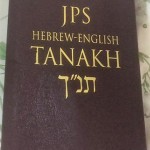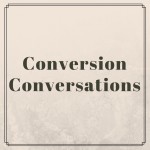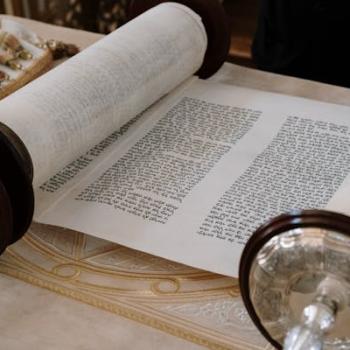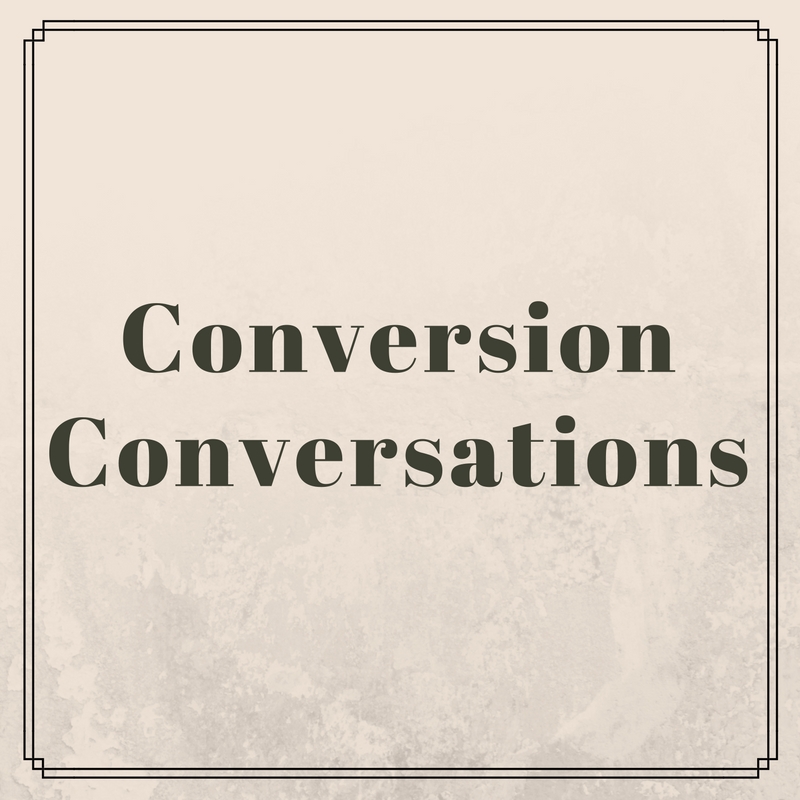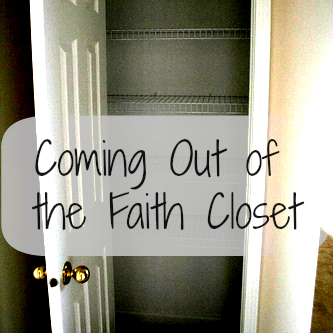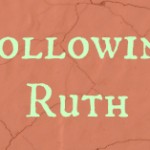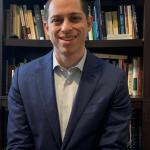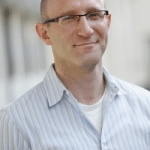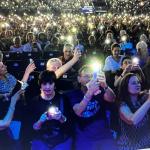Question: As a prospective convert, what knowledge do I need to know in order to convert to Judaism, at least as far as knowledge goes?
My lay person answer: How much do you need to know at a bare minimum in order to have the knowledge side of conversion down depends on your chosen branch of Judaism and your desire to learn. That’s a vague answer, but it’s true. My reform Rabbi encouraged my desire for deep knowledge. Orthodox branches will have long knowledge requirements as well.
If you’re like many converts, the knowledge part is one of the best parts. Lucky us!
Below are the main areas you should learn about, with some books to help guide your initial studies:
Your Local Community
“But Ruth replied, ‘Do not urge me to leave you, to turn back and not follow you. For wherever you go, I will go; wherever you lodge, I will lodge; your people shall be my people, and your God my God.’ ” – Ruth 1:16
If you notice in this verse, she states people first. Judaism isn’t just a religion – it’s a culture and a community. It’s imperative that you get to know your local community first. Do you fit in? Have you found a congregation? Is the rabbi willing to convert you? These questions must be answered first.
To find a community, simply google your city + synagogue. Ignore anything that’s Messianic. I’ll have to write a post on why that is, but until then either look it up or trust that you don’t want that. Often times, you’ll find a “Beth Shalom” or something like that. That’s what you want.
What I did was I called the office beforehand and asked if it was alright to attend, and if someone would meet me. This wasn’t an issue with most of the synagogues I approached.
As for initial books, I recommend Anita Diamant’s Living a Jewish Life and Choosing a Jewish Life: A Handbook for People Converting to Judaism and for Their Family and Friends.
Jewish History
Following on the local community is Jewish history. The Jews are a people with millennia of history to learn. My rabbi recommended Jews, God, and History by Max I. Dimont. From what I’ve read, I recommend it also. A second recommendation is Paul Johnson’s A History of the Jews. There are others, of course. Anything by Rabbi Joseph Telushkin is good, such as Jewish Literacy: The Most Important Things to Know About the Jewish Religion, Its People, and Its History. Any of these books will reference further reading and source documentation that you can use to further your studies.
Jewish Ethics and Thought
In this area, you want to learn how a Jewish person thinks. You’ll have to shed your old way of looking at everything and start thinking Jewishly. This is were my readers tend to point out my bias. I’ve been thinking in at least a mildly Jewish way for long enough that it’s very obvious to my blog readers that I am not an evangelical Christian any longer. This comes with time, and is essential for integration into a community and for understanding the richness of Judaism and its philsophy. To get started, Rabbi Joseph Telushkin wins again with The Book of Jewish Values: A Day-by-Day Guide to Ethical Living.
I’d also recommend here that if you come from a Christian background in any way shape or form, that you read Rabbi Stuart Federow’s Judaism and Christianity: A Contrast. It’s an essential book in my opinion, because it’s absolutely vital that you understand that Christian theology and Jewish theology are different, and how to articulate it. It’ll also help you stand up to well-meaning friends and family.
Your rabbi should be able to point you in the direction of any resources that are unique to the branch of Judaism you’re converting to.
Torah
As I posted the other day, get thee a Jewish Bible stat! The one I use is this interlinear Hebrew-English Tanakh. Make sure that no matter which you choose, get one that is Jewish.
Observance
One of the ways you’ll grow as a Jew-by-choice is by increasing your observance of mitzvot, making each one meaningful for you emotionally and spiritually and incorporating its practice in your life. There are resources for this. If you want to learn all 613 mitzvot, here’s a resource from Jewfaq. (Keep in mind, of course, that there’s no way that any one person can ever observe them all, since some only apply in certain circumstances or to certain people.) This is an area where you will rely more heavily on your rabbi, any mentors, and on the community. Perhaps something like How to Run a Traditional Jewish Household by Blu Greenberg would be a helpful read.
Food and Holidays
Oh man, the food. Anyone want to gift me a Jewish cookbook or two?! Seriously though, you’ll need to know how to cook challah at the very least. Try Modern Jewish Cooking: Recipes & Customs for Today’s Kitchen or maybe Cooking Jewish: 532 Great Recipes from the Rabinowitz Family.
As for holidays, try Your Guide to the Jewish Holidays: From Shofar to Seder, Jewish Holidays by Michael Strassfeld, and Living Judaism: The Complete Guide to Jewish Belief, Tradition, and Practice. And of course, join your local community for holidays.
That’s all I have for today! What books would you recommend I add to this beginner-friendly list?

